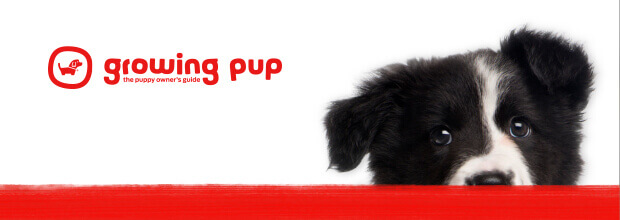- Dog suitable for non-experienced owners
- Basic training required
- Enjoys gentle walks
- Enjoys walking half an hour a day
- Little toy dog
- Some drool
- Requires grooming every other day
- Non hypoallergenic breed
- Quiet dog
- Not a guard dog
- Great with other pets
- Great family dog









